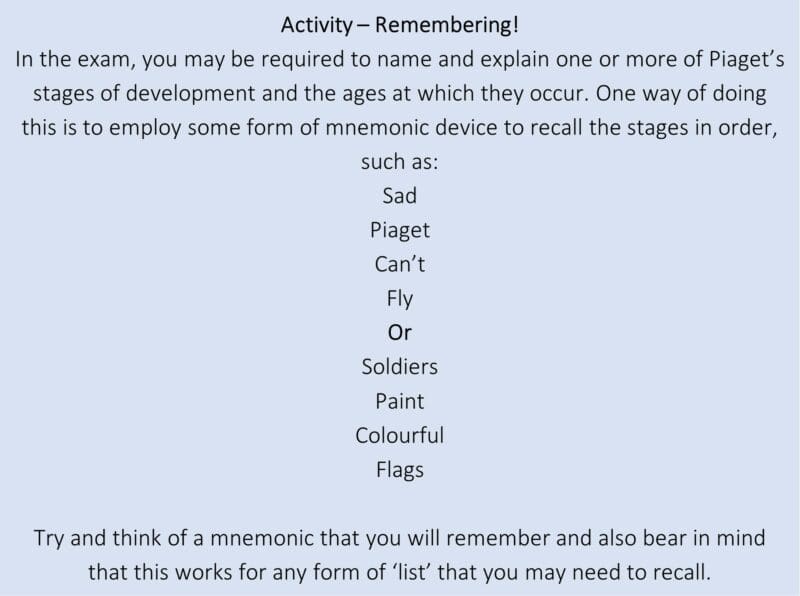By the time a baby is born it will normally have a full set of senses and is able to use these senses to understand its surroundings and to express its feelings and emotions, even though it is not able yet to use words to communicate.
What follows in a baby’s learning and experience is something which is referred to as ‘cognitive development’ which researchers believe is based on several concepts that enable a baby to interact with its environment. Each process helps the baby to build an idea of what the world is like and it will store information so that it does not have to learn it all over again when it next encounters an object or a situation.
Let’s explain how this works by referring to the concepts that babies are thought to use:
- Schemata or schema: a schema is like a little ‘packet’ of information that enables a child to recognise what an object is or predict what is happening in a certain situation. Sucking and grasping are examples of very early schemas and these are built as part of natural development
- Assimilation: as the child grows up, it takes on board new information and learns what to do with the information by incorporating it into existing knowledge; this is referred to as assimilation
- Accommodation: this occurs when a child needs to deal with a new object or situation. For example, a child may think that all small furry creatures with four legs and a tail are dogs. If a parent tells them that the animal they can see is in fact a cat, they need to accommodate this new information to recognise a cat the next time they see one
- Equilibrium: this concept occurs when a child can make full sense of their surroundings and they can confidently identify objects and predict what will happen in certain situations
All of the information that a child has is stored in their memory and sorted into ‘categories’ so that they are able to recognise things more easily. They also recognise that certain behaviours apply to certain objects, such as petting a dog, smiling at a parent and bashing a rattle or other toy!
Piaget found that stages of development went in a fixed or invariant order and that the pattern of development for children was universal and therefore applied to all children regardless of their cultures and backgrounds.
He found that there were four stages of development, which he named as the following:
- The sensorimotor stage – from birth to around two years old
- The pre-operational stage – from two to about seven years old
- The concrete operational stage – from seven to about 11 years old
- The formal operational stage – from 11 years onwards




